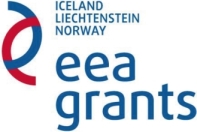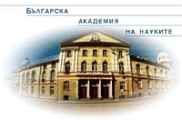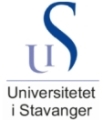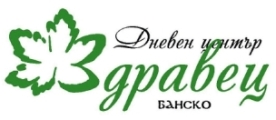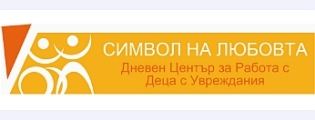
About the project: Goals
The overall goal of the project is to develop and implement an innovative model for ensuring the children with developmental problems or disabilities the possibility to play, on the one hand for the sake of the play itself (unstructured play) and on the other – for the sake of the play as a function for improvement of the motor skills and social contacts of these children (structured play).
One of the specific goals of the project is, via introducing of computerized technologies for recognition of movements of different body parts, to adapt certain computer games to the requirements of children with motor and social problems. For example, to use a gesture interface by children with minimal physical skills and - in a more general scope – to improve the social skills of the children as a result of sharing of the game space. The attractiveness of such games, in which the movement of parts of the body is the interface to the game, and game availability in the educational as well as home environment will motivate and engage the physical activity of the hyperactive children and also those with passive style of life.
Another specific goal of the project is development of innovative methodologies for structured games for physical and social rehabilitation, in which the therapist is aided by assistive computerized and robotic technologies. For example, designing of interactive games with a robot-assistant for social communication by imitation in an entertaining learning environment via sensors for tracking and recognition of gestures and reactions.
Our strategy for sustainable project development is cooperation during the entire period in a team work of all involved experts: researchers, speech therapists, psychologists, social workers and special educators.
